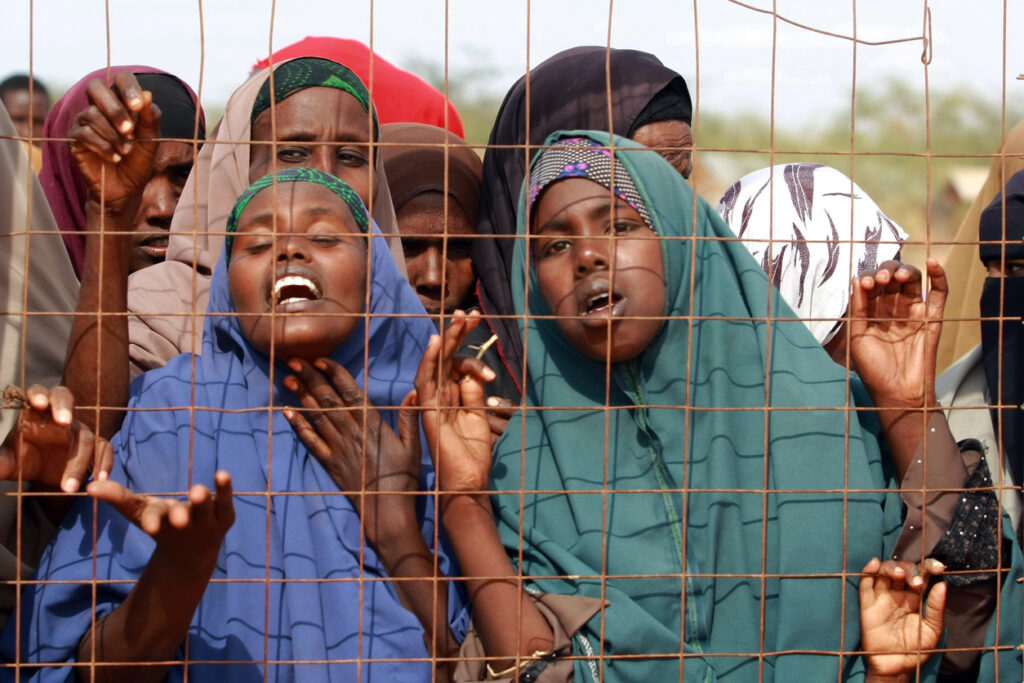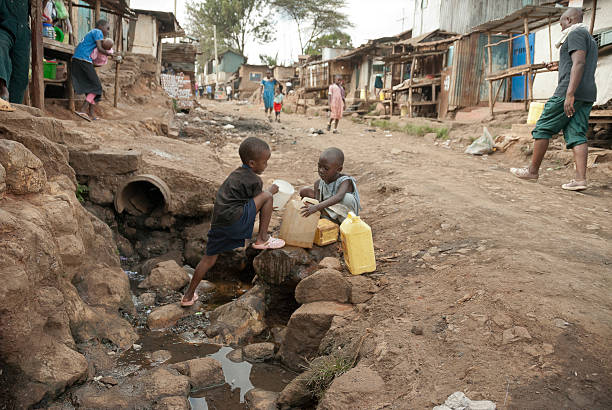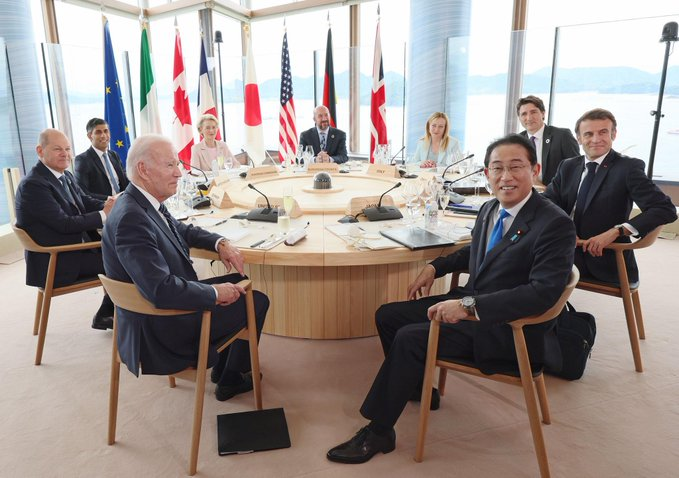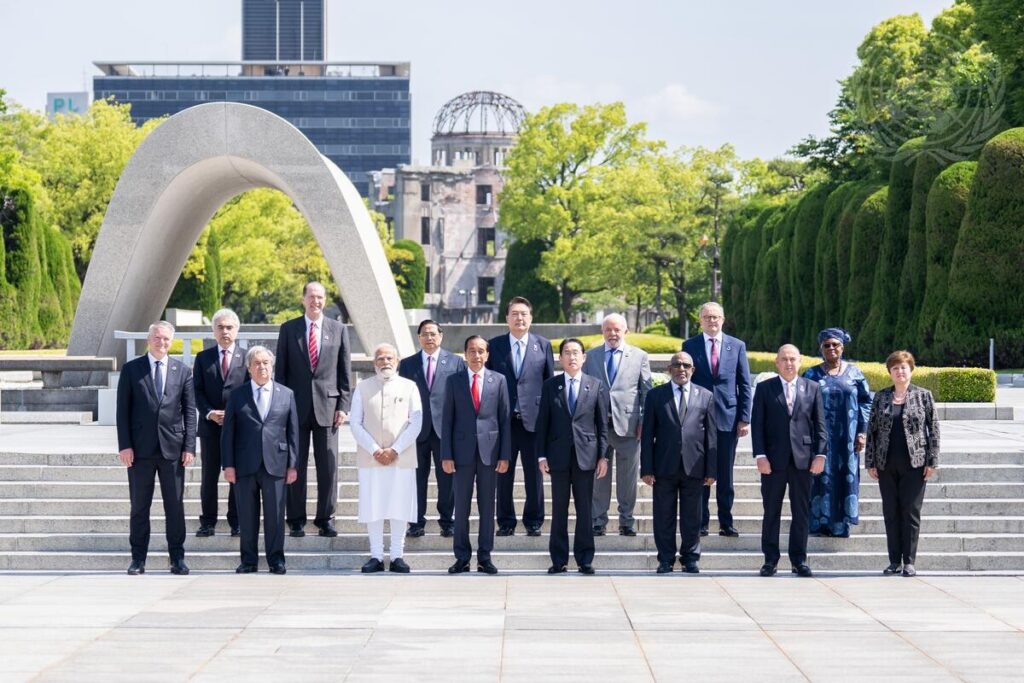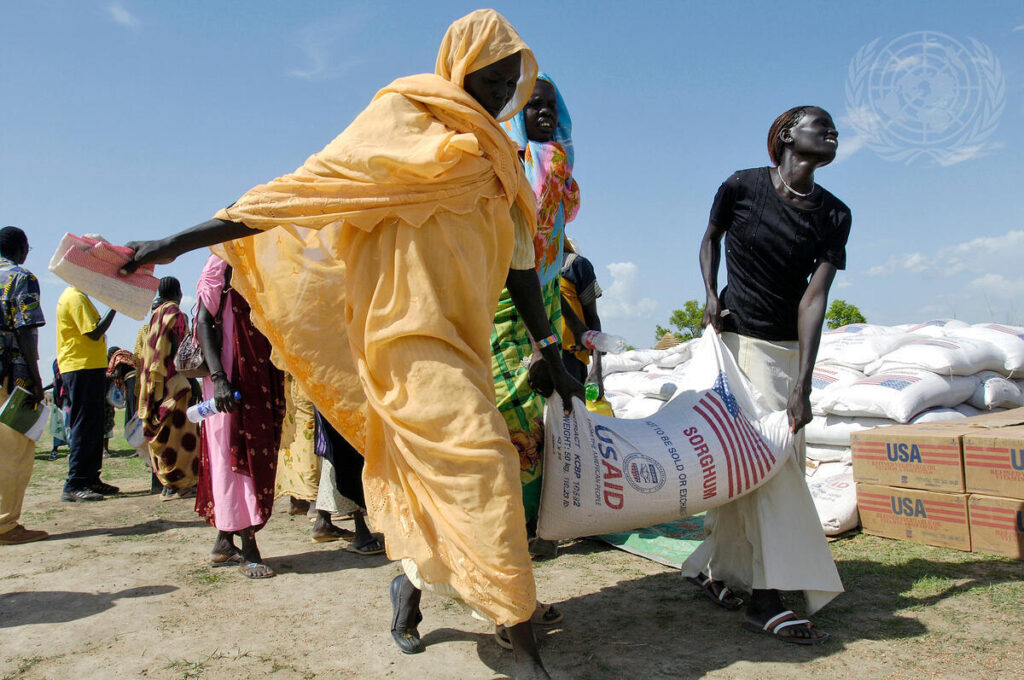UPDATE: Protracted funding shortfall hurts hundreds of millions of people in need: U.N.
Geneva/New York, June 27 – Humanitarians said they have so far received only 20 per cent of the US$54 billion they requested for the 249 million people who need urgent humanitarian assistance.
The 249 million are part of the worldwide total of 362 million people in need this year as they are battered by climate disasters, conflicts and food insecurity, the U.N. said. The Office for the Coordination of Humanitarian Affairs (OCHA) said its Global Humanitarian Overview requires $54.8 billion – the sum of 43 appeals – and it is made up of 26 Humanitarian Response Plans (HRP) that include nine regional plans, five Flash Appeals among other types of plans. It said halfway into 2023, donors have provided US$10.7 billion of the US$54.8 billion.
“We need to help people in need around the world,” the office said. “With needs growing exponentially, funding is struggling to keep pace. Unequal funding across emergencies and sectors have also challenged our ability to respond to the surging needs. Current underfunded crises include Myanmar, Burkina Faso, the Democratic Republic of the Congo, Venezuela, Somalia and Afghanistan.”
“These funding gaps have real consequences on millions of people’s food insecurity, health and protection, among others, and we encourage donors to continue to contribute generously to the humanitarian response plans.”
OCHA said 25 out of 43 inter-agency response plans (58 per cent) are currently funded below the global average of 20 per cent. It said this year’s percentage is about the same as in 2022 and 2021, “suggesting that the imbalance in funding coverage for appeals remains a protracted problem.”
“In absolute terms, Afghanistan needs (- $950 million), Ukraine (- $600 million) and Syria ( – $60 million) have seen the sharpest decreases in funding compared to the same time last year. Conversely, the following plans have seen increases in both absolute funding and coverage compared to the same time last year: Burkina Faso, Burundi, DRC, El Salvador, Haiti, Mali, Mozambique, Myanmar, Niger, Nigeria, Somalia, and South Sudan. The gap between financial requirements and resources currently stands at $43 billion – the highest ever. This is more than double the entire requirements of the GHO ($20 billion) in 2016.”
On June 21, U.N. Secretary-General Antonio Guterres said at the start of a three-day meeting on humanitarian affairs of the U.N. Economic and Social Council in Geneva that the number of people requiring assistance grew by 30 per cent to 360 million since the start of 2022. They include more than 110 million forced from their homes and more than 260 million who are facing acute food insecurity, with some at risk of famine.
“The global economic woes, started by COVID and aggravated by the worldwide impact of the Russian invasion of Ukraine, are hitting the most vulnerable hardest,” Guterres said. “Sustainable development – the ultimate prevention tool – has stagnated or gone into reverse. And the climate crisis has contributed to the deaths of thousands of people and displaced millions over the past year.”
“Ordinary people are paying an unacceptable price, as parties to conflict violate international law, attack hospitals, schools and critical infrastructure, and commit rampant human rights violations, including gender-based violence against women and girls.”
Ramesh Rajasingham, the U.N. Under Secretary-General for Humanitarian Affairs, told the meeting that the series of recent crises that triggered humanitarian demands are threatening progress made to improve living standards around the world.
“We are now experiencing the highest number of violent conflicts since 1945. You need look no further than the renewed conflict in Sudan in April this year, and the recent destruction of the Kakhovka Dam in Ukraine, to just what impacts these and other conflicts are having,” he said.
He said extreme weather and climate-related disasters are having an increasingly “deleterious impact” on people’s lives. He said the recent drought, the most severe in recent history in the Horn of Africa, brought people to the edge of famine and has left more than 30 million people facing acute food insecurity and hunger.
He cited also the devastating floods in Pakistan, West and Central Africa, and Central America, and tropical storms in Southern Africa, which destroyed homes, lives and livelihoods.
The U.N. and humanitarians said that 2023 has seen a record number of people around the world needing humanitarian assistance. They include 43.4 million in the Horn of Africa; 28.3 million in Afghanistan; 24.7 million in Sudan; and 18 million in Ukraine.
Donors announce US$1.5 billion for humanitarian aid in Sudan
U.N. News reported that a pledging conference was held in Geneva on June 19 for humanitarian assistance in Sudan and refugees at Sudan’s borders with neighboring countries. Donors announced US$1.5 billion to fund life-saving relief efforts in Sudan and the region and called on parties in Sudan to immediately end the fighting. The conference was organized by the U.N., Egypt, Germany, Qatar, Saudi Arabia, the African Union and the European Union.
The U.N. said 24.7 million people in Sudan, roughly half of the population and more than half of them children, need humanitarian aid and protection. Nearly 1.7 million people have been uprooted within Sudan, while about half a million refugees, asylum-seekers and refugee returnees have sought safety in neighboring countries.
The UN Under-Secretary-General for Humanitarian Affairs and Emergency Relief Coordinator, Martin Griffiths, said: “Each day the crisis in Sudan continues, the humanitarian situation grows ever more desperate. Despite the raging violence, humanitarian workers – including our heroic local partners operating on the front lines – are pressing ahead with their efforts to deliver aid to people in need. The funding announced today – including an additional $22 million from the Central Emergency Response Fund, bringing total funding through CERF and the Sudan Humanitarian Fund to $102 million – will be a lifeline for millions of people living in the world’s most dangerous and difficult conditions.”
The UN High Commissioner for Refugees, Filippo Grandi, said: “Since mid-April, we have seen senseless, brutal fighting and attacks in Sudan, forcing millions to flee for their lives to wherever they can find safety. The commitment shown today by donors to those affected comes just in time, as our resources for the situation are dwindling. The pledges will save lives and help alleviate some hardship. Ultimately, of course, only a durable peace will allow the Sudanese to restart their lives.”
United Nations correspondent journalists – United Nations correspondent journalists – United Nations correspondent journalists – United Nations journalism articles – United Nations journalism articles – United Nations journalism articles – United Nations News – United Nations News – United Nations News
UPDATE: Protracted funding shortfall hurts hundreds of millions of people in need: U.N. Read More »






